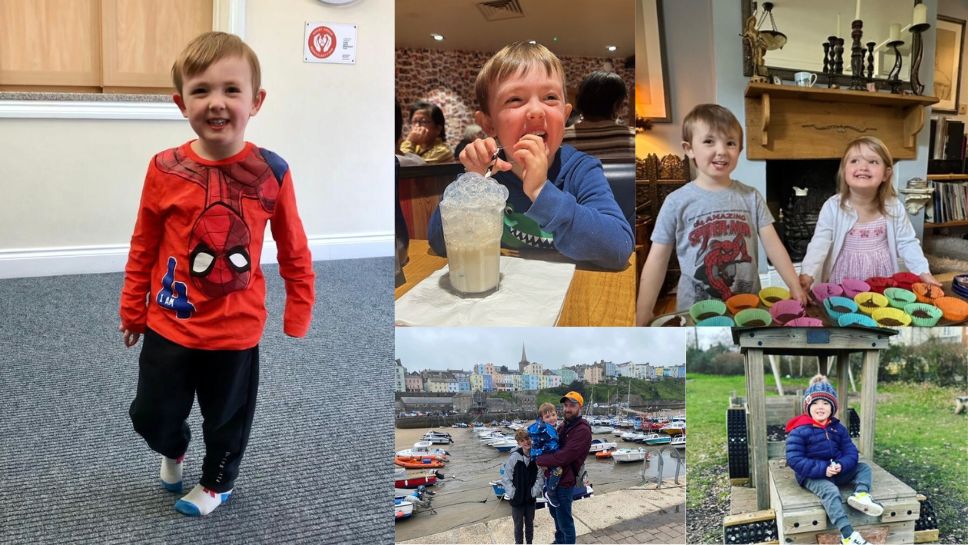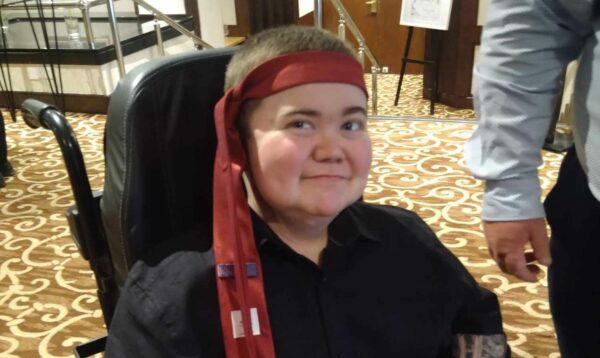Our crazy family is made up of four wonderful and somewhat wild children, Sophia, Jack, and Will’s (Jack’s dad) older boys, Joshua and Alfie. Plus our fluffy guinea pigs, Rocky and Rolly.
Backing Super Jack Family Fund

We love to venture out and about as a family on walks, park visits, theme parks, farm trips, picnics…. and anything else that keeps the children entertained! After an extended wait for our son Jack’s medical appointment, we found ourselves at the pediatric consultation at John Radcliff Hospital. We were prepared to discuss neurodiversity due to some delayed development in Jack.
Unexpectedly, the pediatrician raised concerns about a potential neuromuscular condition. This revelation, along with subsequent appointments and tests in the following days and weeks, completely blindsided us.
The confirmation of Jack’s diagnosis with duchenne, a rare ,muscular dystrophy condition (DMD) predominantly affecting boys, left us speechless. It was a devastating diagnosis, and from the initial appointments to the final confirmation, we existed in a haze of heartbreak.
Experiencing such profound heartache was unimaginable to us. duchenne muscular dystrophy was entirely off our radar, and we’ve since learned that many parents and caregivers express a similar sentiment. We firmly believe that this awareness gap needs to close; parents must be educated about this condition and equipped to recognize its signs.
Duchenne muscular dystrophy, a genetic disease causing muscle weakness and wasting, represents a common and severe form of muscular dystrophy. A mutation in the dystrophin gene, responsible for protecting muscles, leads to the condition. Without dystrophin, muscles become vulnerable to damage, resulting in weakened strength and function. Over time, it affects all muscles, including the heart and lungs. Boys typically rely on full wheelchair use by their teens, accompanied by various additional equipment as the condition progresses.
Duchenne muscular dystrophy predominantly affects boys and is usually diagnosed in childhood, typically between the ages of three and six. Regrettably, there is no cure. While research is underway for potential treatments, there remains a substantial need to advance to a stage where readily available treatments can prolong and enhance the lives of boys affected by duchenne.
If you’ve followed our story this far, thank you, expect to hear more from us on our Facebook page as we navigate this journey, striving to raise essential funds and awareness along the way.
Net proceeds from fundraising will be split 80/20% between MDUK’s research into duchenne muscular dystrophy and help support Jack with future welfare needs


